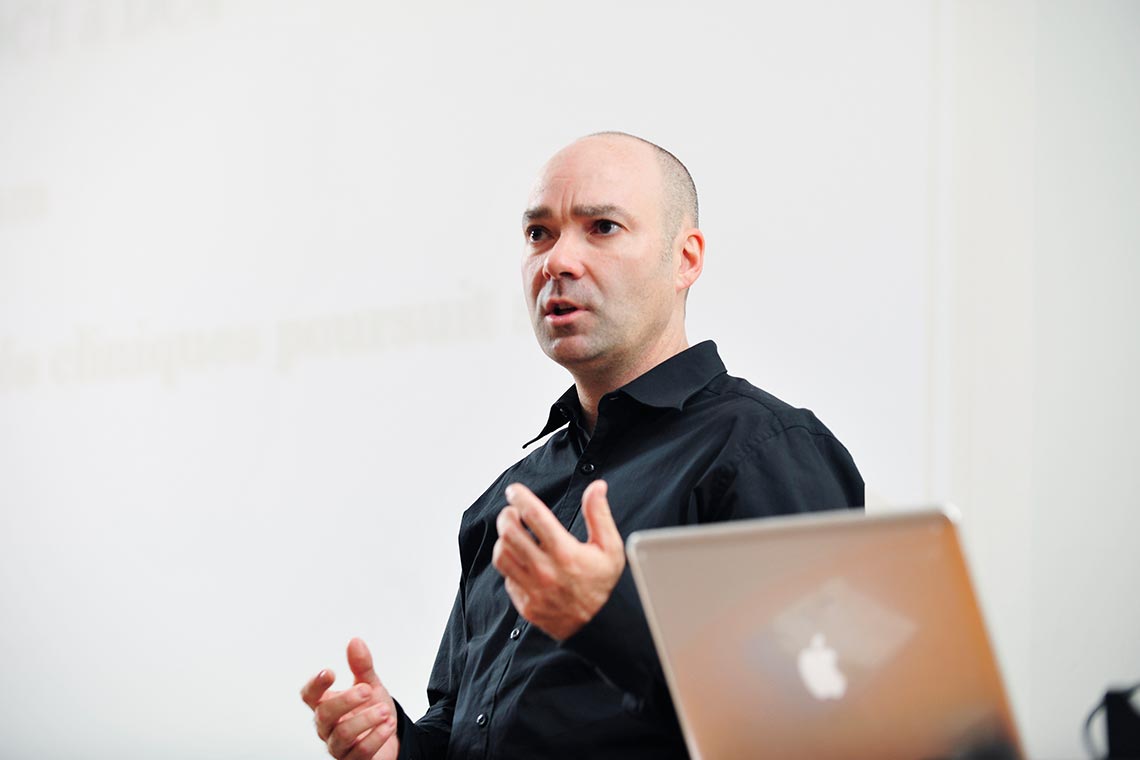Consequences of protein overexpression

27 septembre 2018
Heure: 12h30
Lieu: Pavillon Charles-Eugène-Marchand, salle Hydro-Québec (1210)
Nous joindre
Détails supplémentaires
Notes: Détails de l'inscription: Frais d'inscription: Site web: Conférentier: Contact: Cellular functions are performed through the functions of thousands of proteins. Expression levels of proteins are optimised so that cellular functions are performed most effectively. Overexpression of proteins beyond the robustness of cellular systems causes cellular defects. The genetic tug-of-war (gTOW) method is an experimental method, by which we can estimate limits of protein overexpression to halt cellular functions [1-3]. In gTOW, the expression limit of a target protein is estimated by the copy number limit of the target gene. Using gTOW, we measured the copy number limits nearly all genes in the budding yeast Saccharomyces cerevisiae. The limits were diverse from less than 2 to more than 100 copies per cell. We proposed that the protein stoichiometry imbalance and the protein burden could cause cellular defects upon protein overexpression [4]. We further analyzed the consequences of protein overexpression. We focused on the protein burden effect where highly expressed protein causes cellular growth defects by overloading the cellular resources for protein turnover [5]. By using the gTOW plasmids expressing glycolytic proteins and a green fluorescent protein (GFP) from the strong TDH3 promoter, we estimated protein expression levels to cause the protein burden [6]. We noticed that localization of proteins to organelles could decrease the expression limits because they further overload of protein localization processes. We systematically analyzes the overloads of protein localization using GFPs with various localization signal sequences (localized GFPs) [7]. Systematic survey of genes whose defects reduced the expression limits of localized GFPs suggested that protein localization processes are overloaded by the high-level expression of them. Our results may provide basic knowledge for the design principle of cellular systems, diseases triggered by protein overexpression, and cellular engineering with high-level protein production.
Dr Robert M. Tanguay
Dr Hisao Moriya Okayama University, Okayama, Japon
www.ibis.ulaval.ca
Entre libre.
SVP confirmer votre présence sur conference.ibis.ulaval.ca avant le mercredi 26 septembre, 10 h
Lunch et breuvages seront offerts.
Dr Robert M. Tanguay
Dr Hisao Moriya Okayama University, Okayama, Japon
www.ibis.ulaval.ca
Entre libre.
SVP confirmer votre présence sur conference.ibis.ulaval.ca avant le mercredi 26 septembre, 10 h
Lunch et breuvages seront offerts.
Conférence